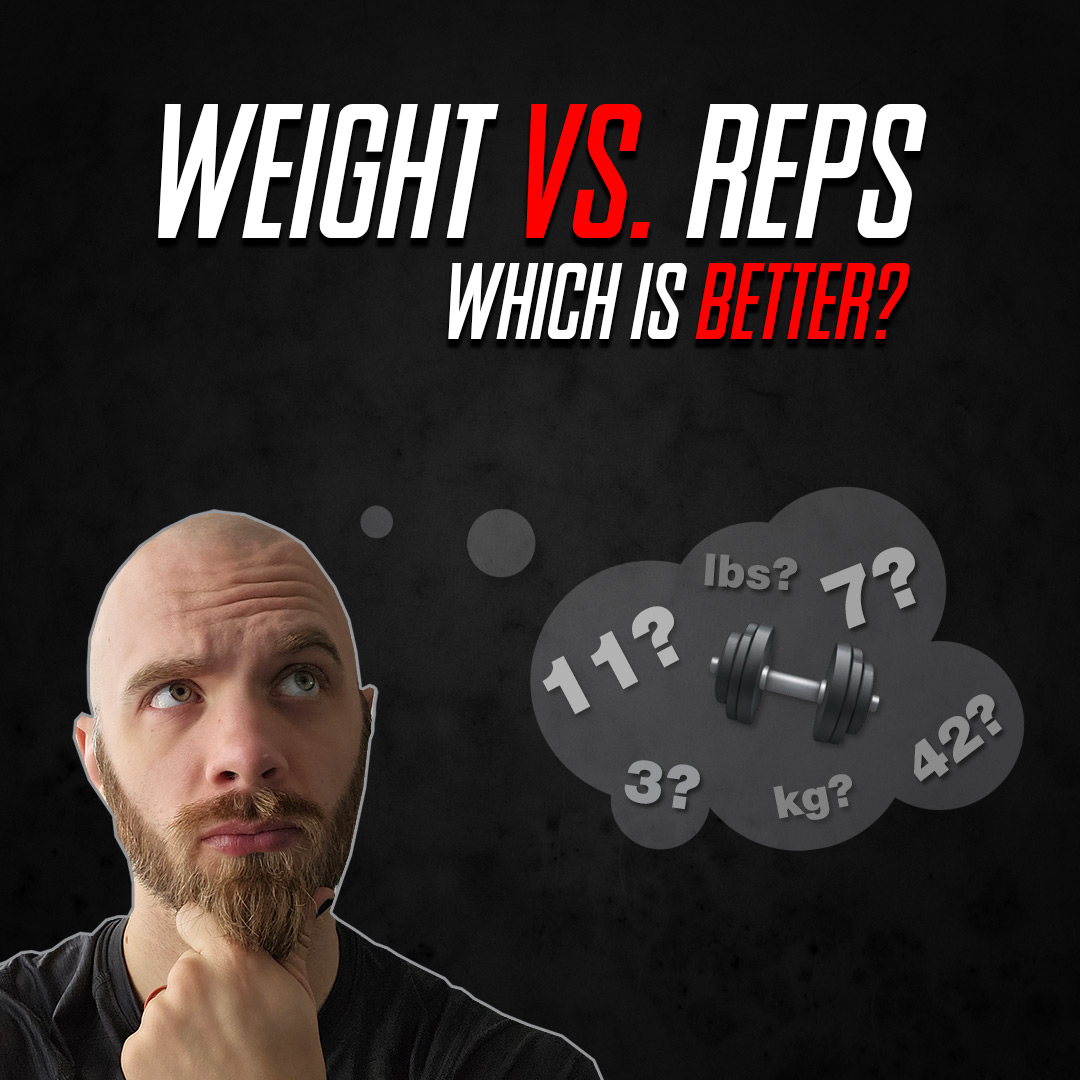You might know it by the name Ozempic®, Rybelsus®, or Wegovy®, but the active ingredient is a chemical known as semaglutide. Semaglutide has grabbed the fitness industry by the short and curlies because of the weight loss side effects. In this article, I aim to dispel any misconceptions about the drug and hopefully give you tools to make an informed decision if semaglutide is right for you.

In This Article…
- What Is Semaglutide?
- Types of Semaglutide
- How GLP-1 RA’s Work
- Is Semaglutide Safe?
- Is Semaglutide Effective For Weight Loss?
- How To Prevent Semaglutide Rebound
- Should I Take Semaglutide?
What is Semaglutide?
Semaglutide is an anti-diabetic medication that acts as a GLP-1 RA, or glucagon-like peptide-1 receptor agonist.
It was originally designed for patients with type-2 diabetes to help control blood sugars alongside proper diet and exercise.
Basically, the drug tricks your brain into being less hungry or even be repulsed by certain calorie-dense foods.
Researchers discovered this lead to a significant loss of weight in many patients. This isn’t shocking, as we all know that eating less food leads to losing weight.
This appears to be a quick and easy way to shed those stubborn pounds or, at the very least, get you to your target weight faster so you can continue the work yourself.
Types Of Semaglutide
At the time I’m writing this article (and I’ll do my best to keep it up to date) there are three commercially available versions of semaglutide:
Ozempic® – This is the most commonly known version, designed for patients with type-2 diabetes. It is a once a week injection.
Wegovy® – This is the only FDA approved version of semaglutide specifically for weight loss. It is also an injection.
Rybelsus® – This is a pill designed for patients with type-2 diabetes.
They all function the same way, the primary difference being method of use and dosage size.
How GLP-1 RA’s Work
First we need to know what the hell ‘glucagon’ even is before we understand what glucagon-like peptides do.
Glucagon is a hormone that functions opposite to insulin.
Insulin’s role in the body is to decrease blood glucose (sugar) levels, while glucagon’s role is to increase blood glucose levels.
When your glucose levels fall too low for homeostasis, the pancreas releases glucagon to compensate. Glucagon makes its way to the liver, which then breaks down stored glycogen into glucose. As your blood glucose rises, insulin kicks in to keep things in balance.
The two hormones teeter-totter back and forth constantly to maintain homeostasis.
Since semaglutide and other GLP-1RAs mimic the effect of glucagon, scientist found a way to help the quality of life for diabetic patients around the world. They also, sort of by accident, discovered weight loss benefits as a side effect.
If you’ve read my article on hunger, you already know that blood glucose levels have a significant effect on our feeling of satiety or fullness.
By using artificial glucagon (a GLP-1 agonist like semaglutide) we can trick our body’s hormone levels into feeling full even without food in our system. Not only that, but some patients reported disgust or aversion to calorie dense foods.
This not only forces patients into a caloric restriction, resulting in loss of weight, but also makes them less likely to eat crappy food to begin with.
Seems amazing, right?
Is Semaglutide Safe?
The FDA approved versions, if used under supervision of a doctor and as directed, should be safe.
None of these drugs have been around long enough for us to have a clear understanding of their long-term effects, so we’ll have to wait and see if the scientific community changes their mind in a decade or two.
Common side effects include:
- Constipation
- Diarrhea
- Nausea
- Stomach Pain
- Vomiting
While more serious side effects include:
- Hypoglycemia
- Gallbladder Problems
- Kidney Damage
- Pancreatitis
- Severe Stomach Problems
- Thyroid Tumors
- Vision Changes
People who are allergic could experience:
- Breathing problems or wheezing
- Dizziness, feeling lightheaded, or fainting
- Fever or general ill feeling
- Itching, skin rash, or pale red bumps on the skin called hives
- Joint pain
- Nausea or vomiting
- Racing heart
- Stomach cramps
- Swollen lymph nodes
- Swelling of the face, lips, mouth, tongue, or throat
- Trouble swallowing or throat tightness
Is Semaglutide Effective For Weight Loss?
In short, yes.
On average, about 86% of patients lost at least 5% of their body weight while taking a 2.4mg (standard maintenance) dose of semaglutide.
The average weight lost among all patients was 15% of their body weight, as opposed to 2.5% for those taking a placebo.
This is shockingly effective, and the reason why it has become so popular as a weight loss drug.
However, there’s a ‘but’.
A BIG ‘but’.
A bigger ‘but’ than Kim Kardashian’s after binge-eating a few tubs of Ben & Jerry’s.
What’s the big ‘but’?
Patients who stopped taking semaglutide regained up to 60% of the weight they lost once off the drug.
Furthermore, while one study suggests that taking semaglutide orally can help, some of the weight loss associated with the drug is taken from your skeletal muscle mass. This was more prevalent when larger sample sizes are considered. This means less gains, a slower metabolism, and possibly weaker / poorer performance during activities.
This makes sense because the primary way this drug helps you lose weight is by making food less appealing and tricking your brain into thinking you’re already full. This puts you at a calorie deficit without all the discomfort. If you’ve read my articles on protein and macros, you probably already know it is extremely difficult to put on muscle at a calorie deficit.
If you are at a severe calorie restriction, your body will become catabolic.
Catabolism, in and of itself, is not a huge deal. It’s the reason we’re losing weight in the first place. The problem lies in also not getting enough protein (from lack of eating) and not creating enough stimulus to the muscles for protein synthesis to kick in and help maintain or grow them.
This can result in sarcopenia.
Have you heard of Ozempic face? The hollowing of the cheeks, protrusion of the clavicle, exposure of the ribs, etc.?
This is all in part due to rapid weight loss of both fat AND muscle.
Scientists are working on ways to remedy these problems, but for now it’s a major concern.
So… what can you do in the meantime?
How To Prevent The Semaglutide Rebound
If your doctor puts you on semaglutide for diabetes or weight loss, it is even more important to have a proper strength training regimen and diet plan in place.
Your plan should be twofold:
Build / keep as much muscle as you can, and establish new habits that will help you maintain your goals long term.
The second part is key.
Semaglutide is not designed to be ‘cycled’ or stopped. It was created with the intent that the patient needs it long term. If you stop taking it once you hit your weight loss goal, a few things will happen:
- Your former appetite will return to normal.
- Your favorite calorie-dense foods will become appetizing again.
- Your metabolism will be slower.
If you haven’t established new eating patterns, this is a recipe for disaster.
If you haven’t maintained or added muscle mass, this will be even worse.
Something I worry about, and what hasn’t been studied, is the psychological impact this rebound effect may have on patients.
Imagine putting several months of effort into getting to your ideal weight only to have it slowly slip away from you.
I don’t want that.
For you, or anyone else.
Should I Take Semaglutide?
So the final question is: Should you be taking semaglutide, or any variations?
Some trainers might be terrified of losing clients from a drug like this.
I disagree.
If anything, my job is even more important for people who decide to use it.
I’m not you or your doctor, so it is beyond my scope of practice to tell you IF you should take semaglutide for weight loss.
But if you ARE going to take it, understand the risks and use the time while on semaglutide to establish new eating habits and a consistent strength-training routine.
I can help you with one or both, if you desire.
I’ve had clients who take semaglutide and this is exactly how I helped them.
It can be a great tool to help you achieve your goals faster, but think of it more like training wheels than a motor.
If you don’t put in the work pedaling this (metaphorical) diet & fitness bike and learn how to ride it properly without a (metaphorical) motor, it simply won’t work once we take the motor away.
You’ll fall over and look like an idiot who can’t ride a bike. Metaphorical or otherwise.
Not to mention the damage it could cause to your wallet, health, psyche, self-esteem, and motivation.








